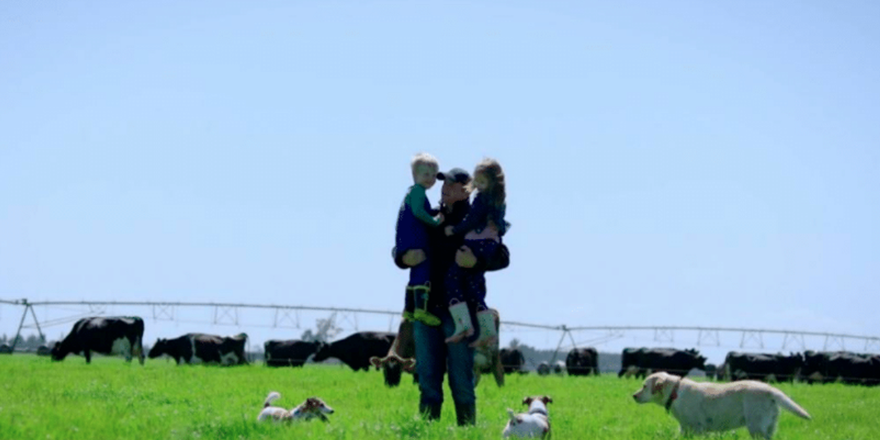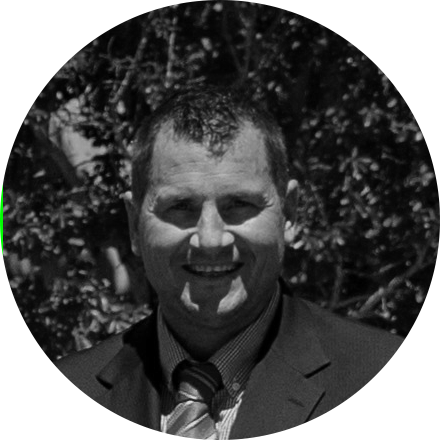
Executive Summary
Dairy farmer’s rights, like those of every member of society are bound by what that society is prepared to defend. This defence is called our social licence and it is the trust that has been built up over time between two parties.
The goal of this report is to identify ways in which dairy farmers can better their social licence and hopefully in doing so build enough trust with the public that allows farmers of the future a form of negotiated autonomy.
This need for a strong social licence has always been there but has come to the fore quickly over the last few years as the rise of digital media has meant people can now quickly share or find information on anything at the click of a button. Sometimes the facts of this media are not always accurate, sometimes they are but it may be taken out of context. Trust can be broken down a lot faster than it is made.
My investigation was done with a literature review on how other industries around the world have handled their situations with diminishing trust from communities and what ways they used to improve that standing. I have also conducted a survey of the community to see if any trends were obvious and used the feedback given to formulate some of my research and conclusions.
What I found from the surveys were a difference of opinions on the state of the environment from farmers to more urbanised people with farmers thinking the environment is better than those outside of farming. I also found that people are becoming more environmentally aware.
Results pointed to farmers not wanting to educate themselves at a field day as they thought they knew enough just working on the farm. I believe this is one of the key reasons we are getting a widening of the rural-urban divide and a weakening of the social licence farmers have with the NZ public.
In my opinion, the dairy industry needs to invest more into promoting its story. Farmers need to be implementing and displaying good on farm practices, principles and values. These actions need to be backed up by Dairy NZ with relatable facts to show what is being achieved on farm nationally and how it relates to the NZ public where possible.
More farmers need to play their part in educating the public. This can be done by hosting open field days, community groups and schools onto their farms to show case what happens on farms and connect the milk in the supermarket to the cow in the paddock.
A unified effort to wards improving farming practices in general needs to be done as a collaborative approach by the primary producer industry bodies. The siloed approached to public perception and social license is not effective and I believe this should be a united voice.
I think using on farm certification schemes is a significant way to encourage farmers to go over and above industry requirements. More promotion and adoption of these initiatives will also go a long way to building trust of the public sector. Examples of these programs are Synlait’s “Lead with Pride” and Miraka’s “Te ara Miraka.”
Although change may be painful and costly for some i the short term, embracing the requirements of the social licence in a positive way may be the most effective way for farmers to receive continued support from the community.
